In particular, training institutions are opened up with opportunities for breakthrough development, becoming research, innovation and startup centers of the country and regions; providing high-quality human resources and talents to meet the requirements of key industries and fields.
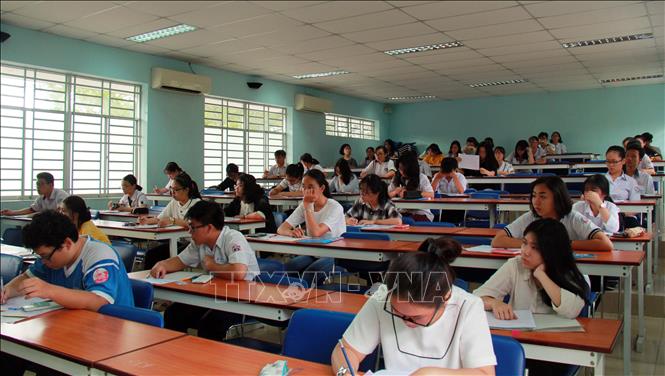
Realizing the goal of having a university in the world's top 100
Currently, Vietnam has more than 240 higher education institutions, not all of which are of high stature or quality, but there are sectors and higher education institutions in the top 500 schools in the world, training in most fields and professions that the world has, contributing 75% of the country's scientific research products and inventions. The number of scientists at these schools is quite large, many of whom are talented and have made contributions domestically and internationally.
Regarding university rankings, from the first "faces" in 2018, which were Hanoi National University and Ho Chi Minh City National University, to date, Vietnam has had nearly 20 higher education institutions ranked in prestigious international rankings such as QS World Rankings and THE (Times Higher Education) World University Rankings.
In the context of higher education being considered the core of developing highly qualified human resources, promoting the development of science, technology and innovation, Resolution 71 has set a target that by 2030, Vietnam will strive to have at least 8 higher education institutions in the top 200 universities in Asia; at least 1 higher education institution in the top 100 universities in the world in a number of fields. By 2045, Vietnam will have at least 5 higher education institutions in the top 100 universities in the world in a number of fields according to prestigious international rankings.
According to experts and representatives of some universities, to make that aspiration a reality, a specific, synchronous and closely monitored implementation strategy is needed. Each university needs to develop its own action plan, closely following the national goals but flexible according to the conditions and strengths of each unit.
Associate Professor, Dr. Hoang Minh Son, Director of Hanoi National University, shared: The world-class university model has been implemented in many countries, with both successful and unsuccessful experiences. In particular, the three core success factors within a world-class university, as summarized by many experts, include abundant resources, favorable governance and convergent talents. For Vietnam, an education system that reaches an advanced level in the Asian region, moving towards being among the world's leading groups, must be an education system that is fair, inclusive, modern and of high quality, achieving corresponding international benchmarks. Resolution 71 has proposed 8 groups of tasks and solutions that are comprehensive, strategic and breakthrough to realize these major goals.
Professor, Doctor of Science Nguyen Dinh Duc, former Chairman of the University Council of the University of Technology - Vietnam National University, Hanoi, said: In recent years, many universities have "changed their skin" thanks to university autonomy, but there are still some bottlenecks, limitations, restraints and constraints. With the current starting point of rankings of Vietnamese universities, achieving the goal of having a university ranked in the world's top 100 is not a simple and easy story. But for that goal, we must renew our thinking, renew our investment, renew our policy mechanisms and renew our actions, so that Vietnamese higher education can take off.
According to Professor, Doctor of Science Nguyen Dinh Duc, in order to innovate, have quality and integrate with international standards and levels, training institutions must have sufficient resources and comprehensive autonomy. If autonomy is not implemented strongly and half-heartedly, universities cannot take off and develop rapidly.
Emphasizing the most important factor to improve Vietnam's higher education, Professor, Dr. Nguyen Dinh Duc said that training institutions need to pay attention to developing scientific and technological potential, forming a team of excellent and talented university lecturers, not only publishing top-notch science, excellent research capacity but also having the capacity to innovate, well linking training and research activities with innovation and with businesses, and at the same time must always nurture the ambition to contribute to and revive the country.
Professor, Dr. Pham Van Dien, Rector of the Forestry University expressed his opinion: To have a university in the world's top 100, the prerequisite is to have a global vision and an operating model according to international standards. Vietnam needs a program, even a separate national project to achieve the goal, with the courage to innovate from the root from mechanism, finance to administration.
“Autonomy is the inevitable path for sustainable university development. Currently, each university has its own strategy to implement Resolution 71. There are excellent schools that will make rapid breakthroughs and I believe that in less than 10 years, Vietnam will have many schools in the top group of the world,” Professor, Dr. Pham Van Dien shared.
Nurturing aspirations for global citizens
The world is entering a period of unprecedented breakthrough development in technology and science. This requires each country, including Vietnam, to carefully prepare a young generation that meets strict standards of human resources for integration and sustainable development, nurturing the will to conquer the heights of knowledge and technology.
In recent years, the young generation of Vietnam has achieved many important achievements in many fields, with typical faces representing the courage and aspiration to contribute to the Fatherland.
Known as one of the promising young scientists in Vietnam, Dr. Nguyen Viet Huong, Deputy Head of the Faculty of Materials Science and Engineering, Phenikaa School of Engineering, Phenikaa University, has spent 9 years studying and researching in France. After successfully defending her doctoral thesis at Grenoble Alpes University (UGA) in France in 2019 with her work being honored as "Excellent Thesis" by the French Chemical Society, Dr. Nguyen Viet Huong decided to return to Vietnam. Because, according to him, "although science has no borders, my efforts will be more meaningful when put in the right place. In Vietnam, science and technology are not as good as those in developed countries. However, to change it, we must be in its heart to change it."
With that in mind, Dr. Nguyen Viet Huong expressed her belief that Vietnamese intelligence can conquer the heights of science if they are united in their dedication and constantly innovate. Sharing about the 6-year journey (from 2019 to present) of teaching and researching in Vietnam, Dr. Nguyen Viet Huong said: “Over the past years, my colleagues, graduate students, trainees and students at Phenikaa University have made constant efforts to realize that belief. We have diligently researched and developed atomic monolayer deposition (ALD) technology and personally built the first atmospheric pressure ALD systems in Vietnam, opening up new directions for advanced materials technology in the country. That is not only a professional result but also a testament to the spirit of “dare to think, dare to do, dare to innovate” of today’s young generation of intellectuals.”
In recognition of her outstanding achievements, Dr. Nguyen Viet Huong was awarded the 2024 Golden Globe Award in the field of Materials Science (presented by the Ministry of Science and Technology and the Central Youth Union); the title of "Outstanding Young Vietnamese Face" in 2025.
The story of Dr. Nguyen Viet Huong is just one of many stories of young people today who are not afraid of difficulties and hardships, and are willing to take risks to access new skills, gain new knowledge, and open their minds to reach international standards.
In the article “The Future for the Rising Generation”, General Secretary To Lam emphasized: “Towards 2045, the important milestone of the 100th anniversary of the founding of the country, we set a strategic goal of becoming a developed country with high income. To achieve that, Vietnam needs a young generation that is not only excellent in intelligence but also physically superior, rich in cultural identity, capable of competing and standing shoulder to shoulder with the world powers, affirming the country's position in the international arena”.
From that, General Secretary To Lam requested that today's young generation of Vietnam needs more than ever creativity, critical thinking and the ability to quickly handle changes in technology. Young people must be trained to become pioneers in mastering new technology, with the capacity to research, develop and apply the most advanced achievements into practice. At the same time, the young generation needs to have a global mindset, international communication ability and outstanding foreign language skills to proactively integrate into the international environment, compete fairly and effectively with friends around the world.
At the online conference to implement four important resolutions of the Politburo held on the morning of September 16, regarding Resolution 71-NQ/TW, General Secretary To Lam continued to emphasize that education and training is the top national policy and a key driving force for national development.
Regarding solutions to implement the goals of Resolution 71, the General Secretary pointed out 8 key groups: Building national output standards by level of education and profession; implementing mandatory accreditation, public rankings with attached missions; innovating programs and assessments, reducing achievement disease, combating widespread tutoring, implementing standardized assessments, focusing on core skills; making a breakthrough in the teaching staff; promoting university autonomy coupled with accountability, co-creating programs with businesses, increasing paid internships, building innovation centers; upgrading vocational education linked to the supply chain, real learning - real work following the dual model, recognizing digital skill certificates, assessment by businesses; digital transformation in education; targeted education finance, paying attention to supporting disadvantaged groups with appropriate solutions; internationalization, credit recognition, joint programs, attracting international experts, raising foreign language standards by industry.
With Resolution 71-NQ/TW and the spirit of drastic implementation of the entire political system, the response of the entire people with the goal of developing a truly "real learning - real talent" education, in the near future, the Vietnamese education sector will train people with good professional capacity, high qualifications, good at foreign languages, good at AI, and at the same time carrying within them love for the Fatherland with aspirations and ambitions to contribute. These are generations capable of mastering the country, worthy of being the nation's vitality, so that the Vietnamese people can be independent, self-reliant and eternal.
Source: https://baotintuc.vn/thoi-su/nghi-quyet-71nqtw-mo-duong-cho-khat-vong-viet-nam-hung-cuong-bai-cuoi-nang-tam-giao-duc-dai-hoc-dua-dat-nuoc-vuon-xa-20250917181350222.htm






![[Photo] Prime Minister Pham Minh Chinh attends the groundbreaking ceremony of two key projects in Hai Phong city](https://vphoto.vietnam.vn/thumb/1200x675/vietnam/resource/IMAGE/2025/9/27/6adba56d5d94403093a074ac6496ec9d)





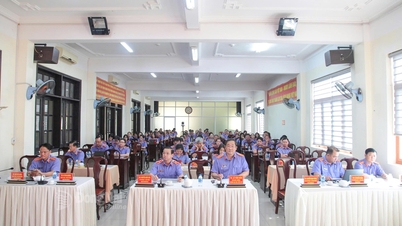
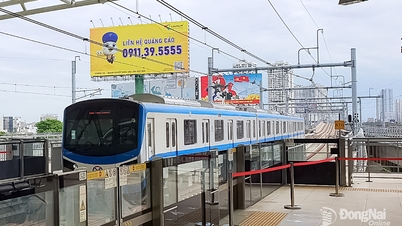




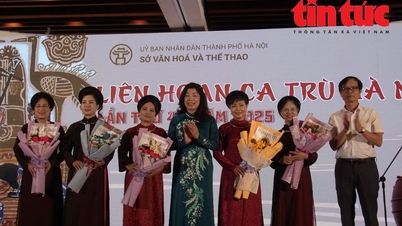
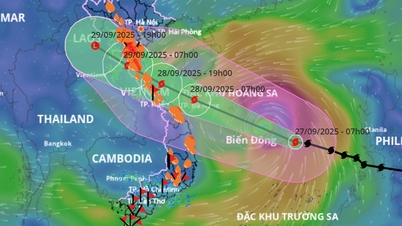







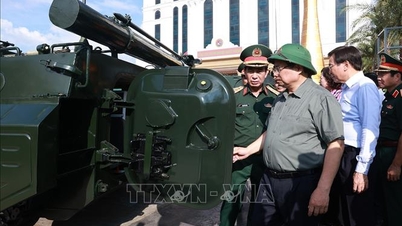
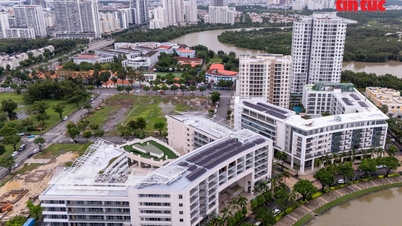
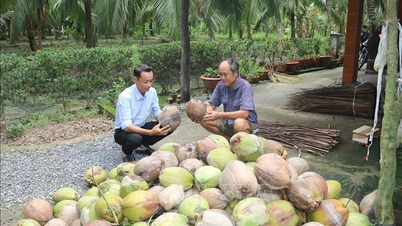

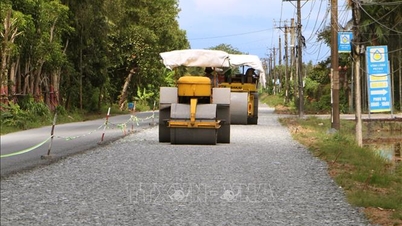































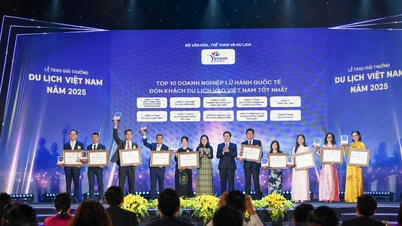

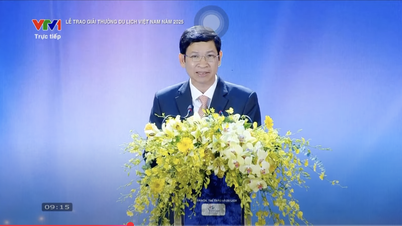















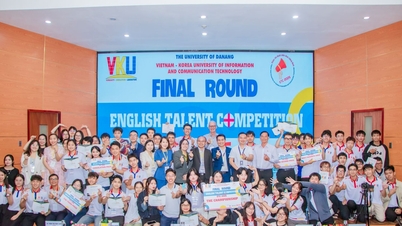





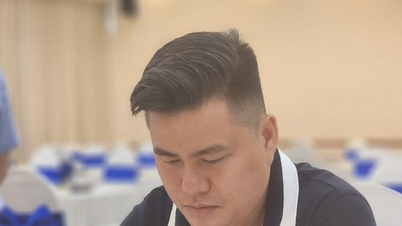


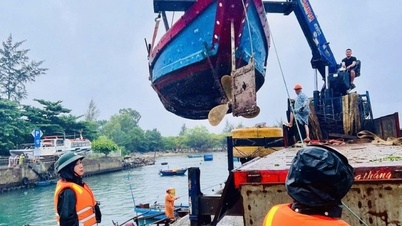












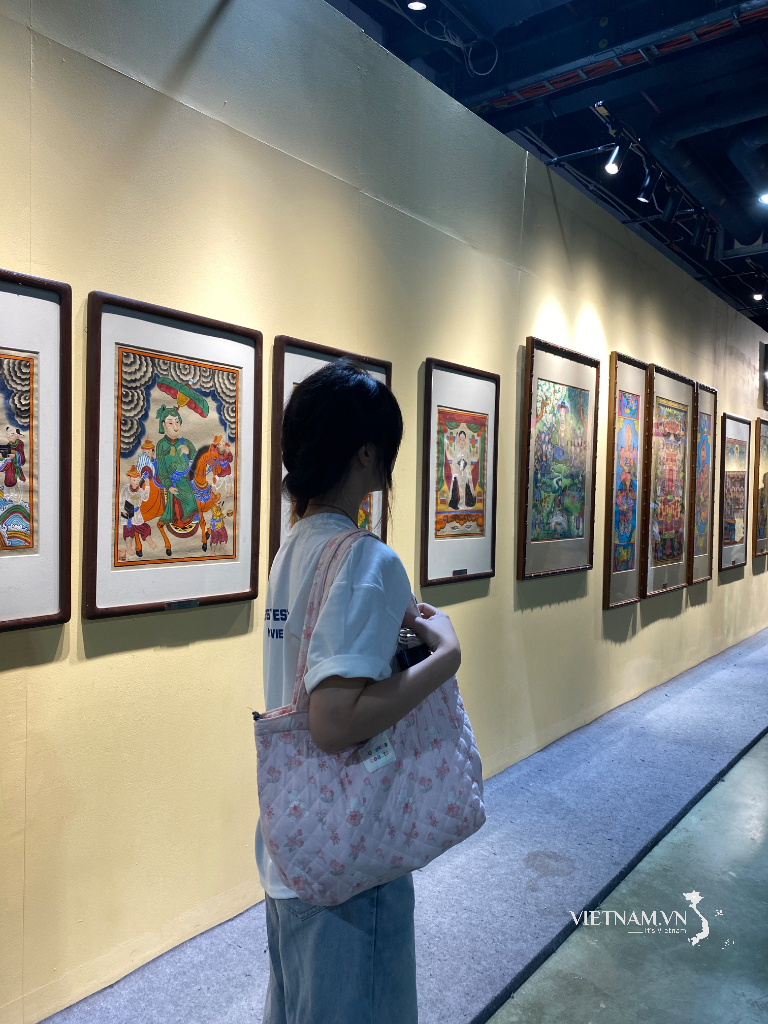
Comment (0)